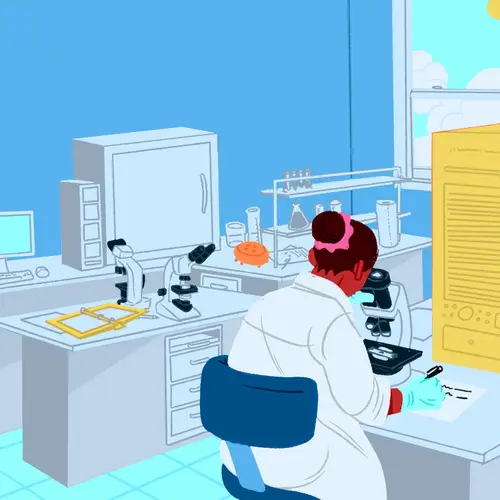If you’ve recently learned you have coronary artery disease (CAD), you may feel stuck or overwhelmed on what to do about it.
“We give blanket statements about lifestyle modification, and people get it, but it’s overwhelming to be told to do all of this stuff,” says Samit Shah, MD, PhD, an interventional cardiologist at Yale Medicine in New Haven, CT.
So we asked two top cardiologists: What is the best advice they’d give their one loved ones? Here are their four easiest tips:
Lean on Your Friends
People with CAD are two to three times more likely to have depression than others. And those who have CAD and depression tend to do worse than those who have just coronary artery disease.
“People who are depressed are more likely to isolate, which makes depression worse,” Shah says. “If you engage with others frequently, it can provide a strong buffer against depression.”
If you feel your friends don’t understand what you’re going through, Shah suggests an online support group. “I’ve often found that even cardiac rehabilitation, which is traditionally done after a person has had a heart attack or undergone a stent or bypass surgery, can be a great way for patients to connect,” Shah says.
Never Say Diet
There’s no doubt what you eat is important to help prevent CAD from progressing. But focusing too hard on a specific diet or eating plan can backfire.
“Sure, patients will lose weight initially when they start a diet, but if you don’t incorporate long-term behavior changes, ultimately it will backfire,” says Nieca Goldberg, MD, clinical associate professor of cardiology at the NYU Grossman School of Medicine.
A “diet” tends to be temporary and has strict rules. Instead, think more about adopting new eating habits. For example, swap your late-evening snack of potato chips or cookies with healthier options, such as nuts or a piece of fruit.
A study published March 2021 in the Journal of the American College of Cardiology found that each daily serving of ultra-processed food, such as frozen meals, soft drinks, and fast food, increased the risk of developing heart disease by 5%.
“Soft drinks are some of the biggest offenders. Even the artificially sweetened ones have been shown to reset your brain so that you eat more because you feel hungry,” Goldberg says.
Make your new eating style a group effort, Shah says. “When the whole family is on board, it makes it easier to cook heart-healthy meals and stock the pantry with low-sodium snacks instead of having a lot of tempting junk food around the house.”
Ease Into Exercise
Exercise is key to any CAD management plan. But you needn’t rush and join a gym.
“I stress to patients that they will see real benefits if they just do moderate exercise like walking three to four times a week,” Shah says. “In fact, there’s no evidence that super high intensity exercise will yield better results.”
Even yoga is a good option. Also, consider how physically active you are throughout the day instead of focusing on a single workout.
“When I talk to patients, I point out that when they walk to the mailbox or sweep their kitchen floor, these are all things that count as exercise,” Goldberg says. “People underestimate how active they are and how easy it can be to add in some more activities.”
Stop Smoking
If you have CAD, smoking will only make it worse.
“When you have CAD, the arteries that carry blood to your heart muscle are already narrowed by plaque,” Shah says. “Cigarette smoke contains chemicals that cause the blood to thicken and form clots, which in turn can cause a blockage that can lead to a heart attack.”
If you’ve tried and failed to quit smoking before, Shah says you might be surprised at newer treatments that just might work.
“A lot of people don’t realize that smoking cessation treatments have really improved over the last decade because there are other, newer medications like Chantix that they can take along with nicotine replacement therapy to curb cravings,” Shah says.
Talk to your doctor about your options, including if you may need a referral to a smoking cessation clinic.

